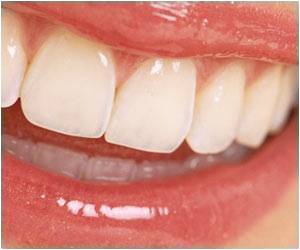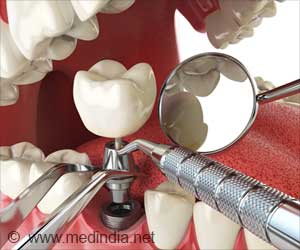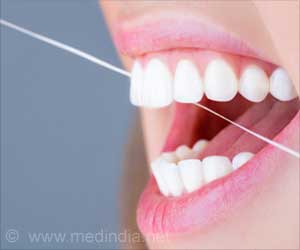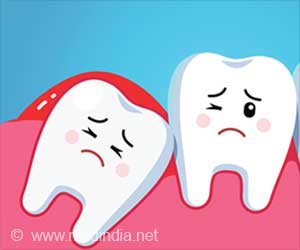People who suffer with dental phobia may easily overcome their fear through Cognitive Behavioral Therapy and undergo dental procedures without sedation.
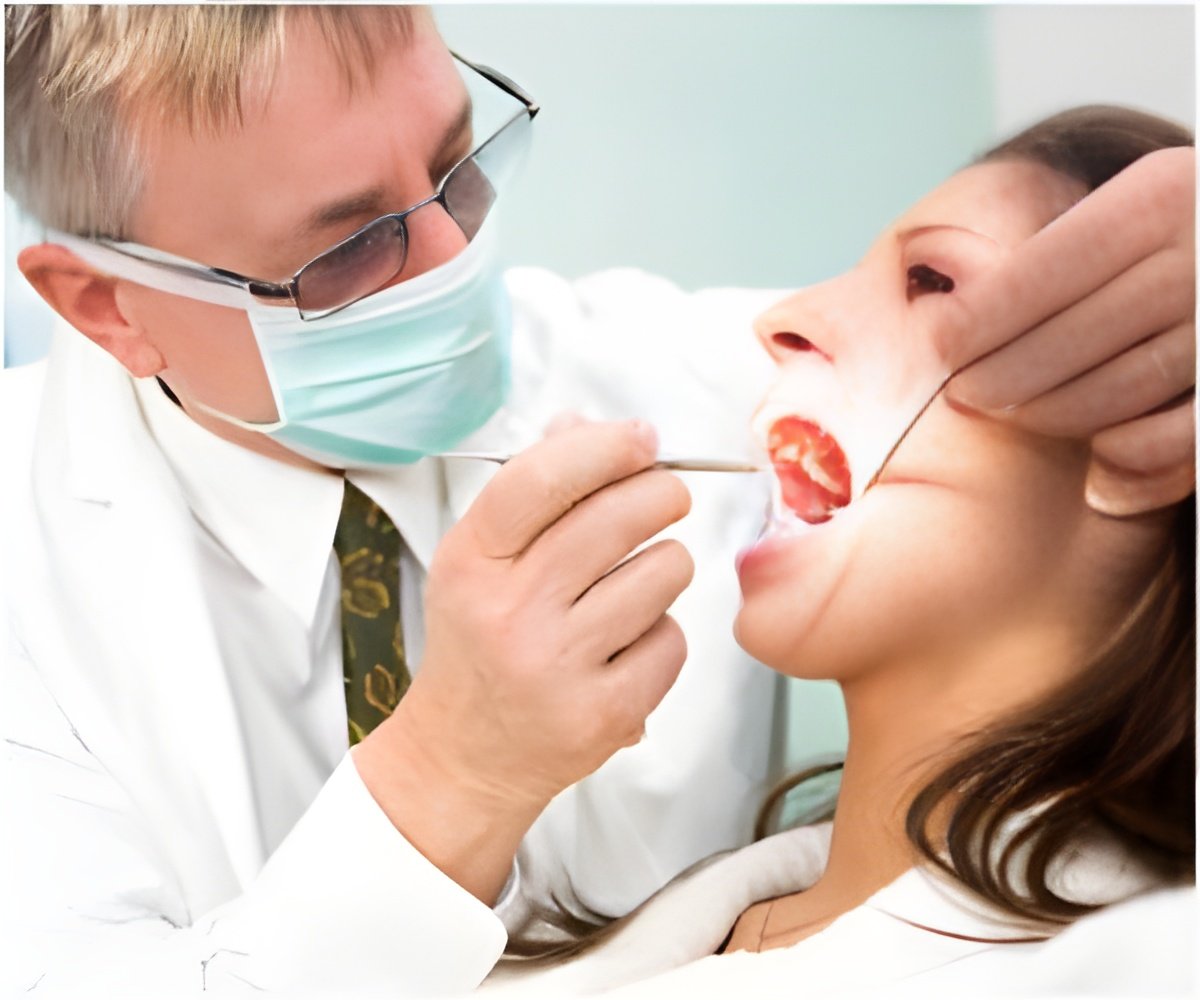
‘Cognitive Behavioral Therapy offers an effective technique for helping dentally anxious patients receive treatment without sedation.’





Researchers analyzed 130 patients attending a psychologist-led CBT service and the outcomes of their treatment. Factors such as dental anxiety, general anxiety, depression, suicidal thoughts, alcohol use and oral health-related quality of life were surveyed in them through a Modified Dental Anxiety Scale (MDAS).They found that fear of dental injections and the dental drill were the most common high scoring items on the MDAS. 94% of patients reported dental phobia, 37% had anxiety disorder and 12% had depression.
After the CBT treatment, 79% of them went on to have dental treatment without the need for sedation and 6% had their dental treatment under sedation.
Reference: Kani et al “Characteristics of patients attending for cognitive behavioral therapy at one UK specialist unit for dental phobia and outcomes of treatment,”British Dental Journal, 219, 501 - 506 (2015), 27 November 2015, doi:10.1038/sj.bdj.2015.890
Source-Medindia

